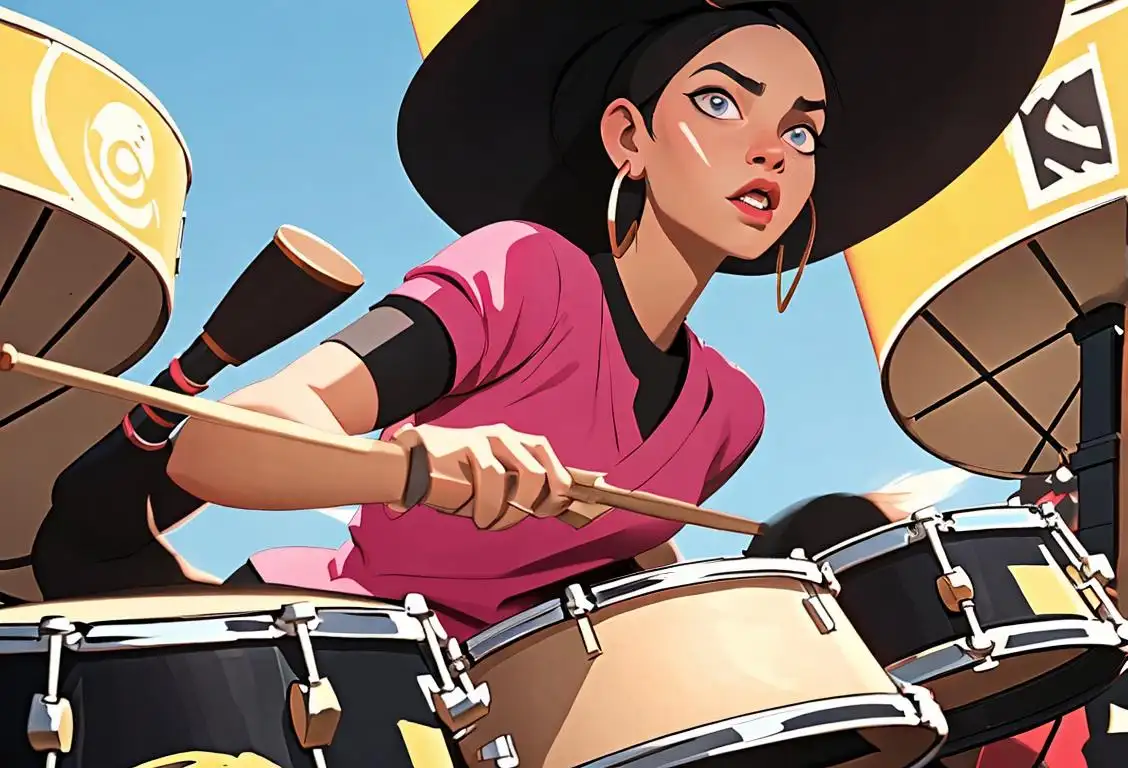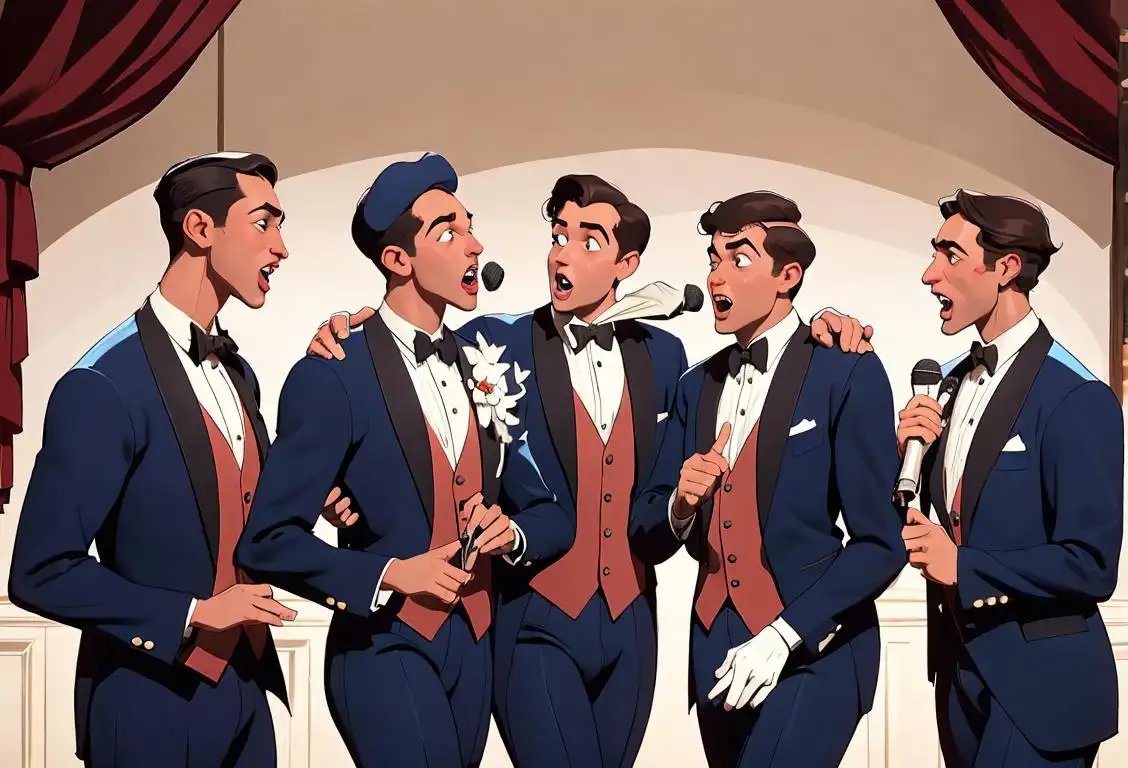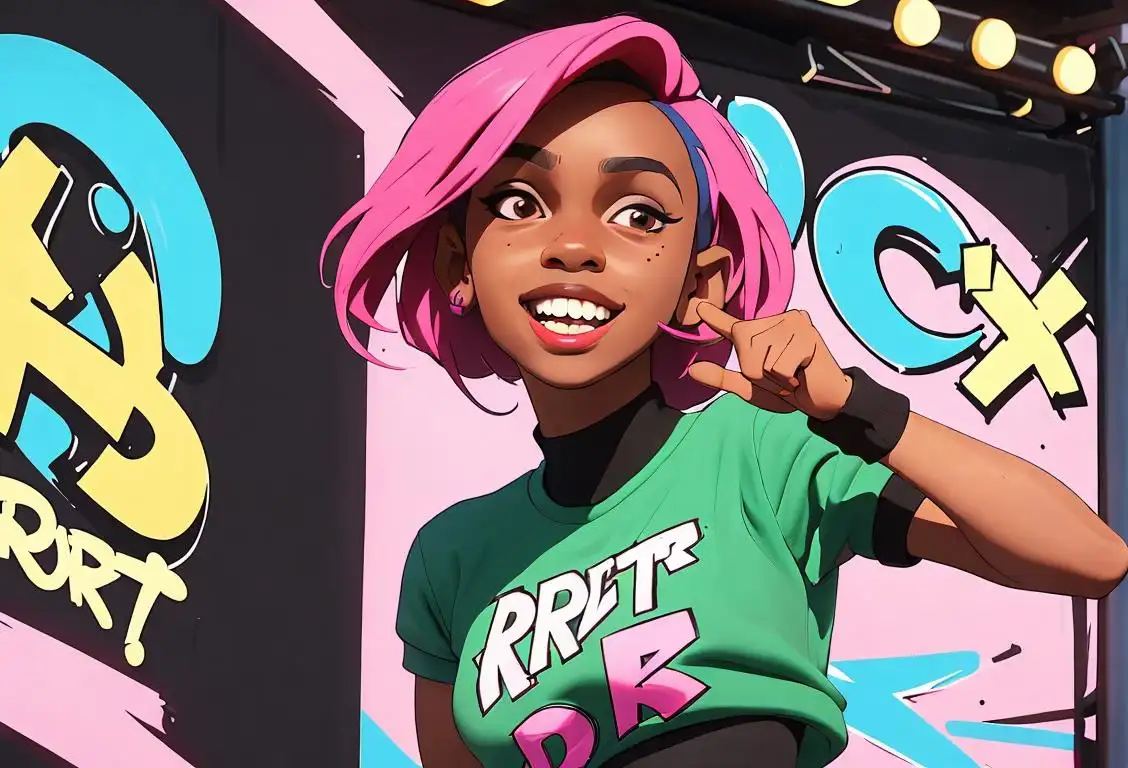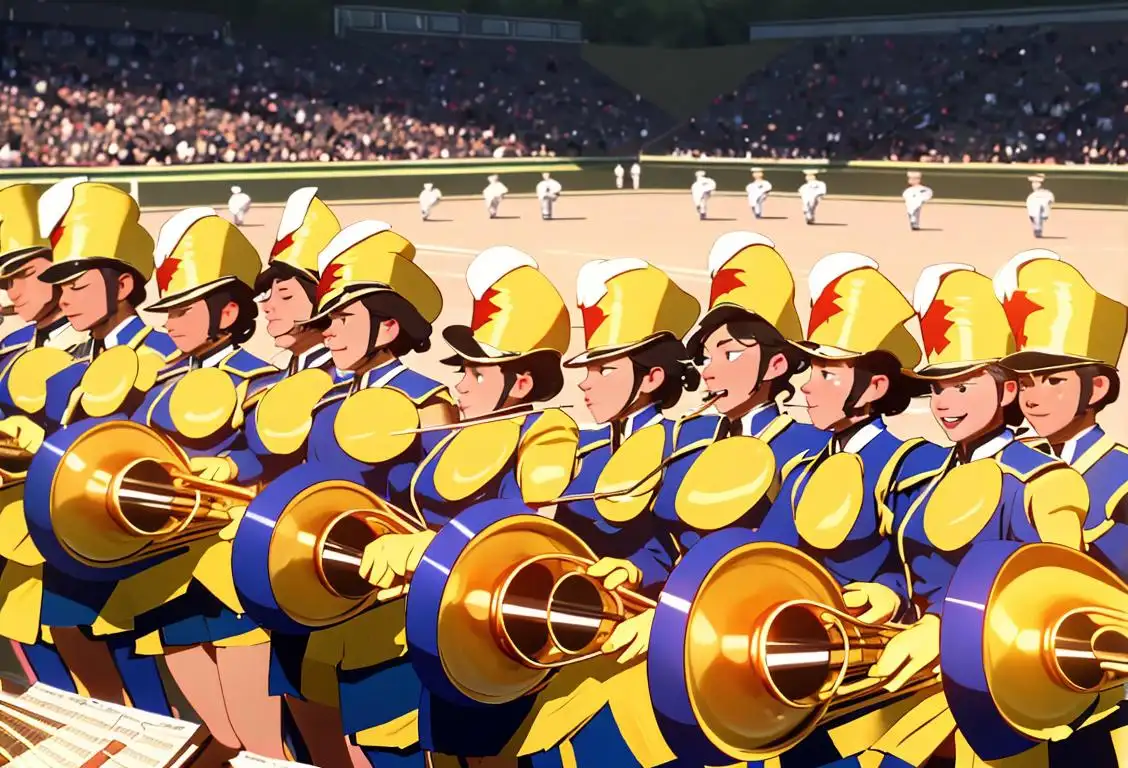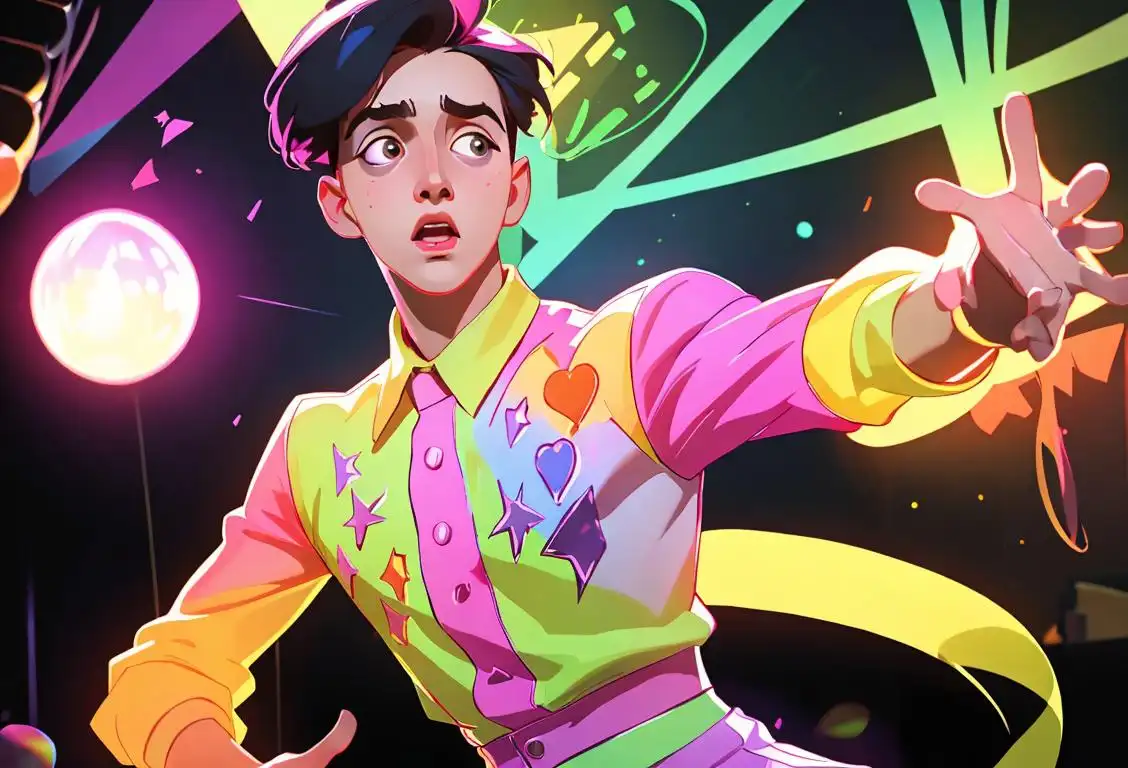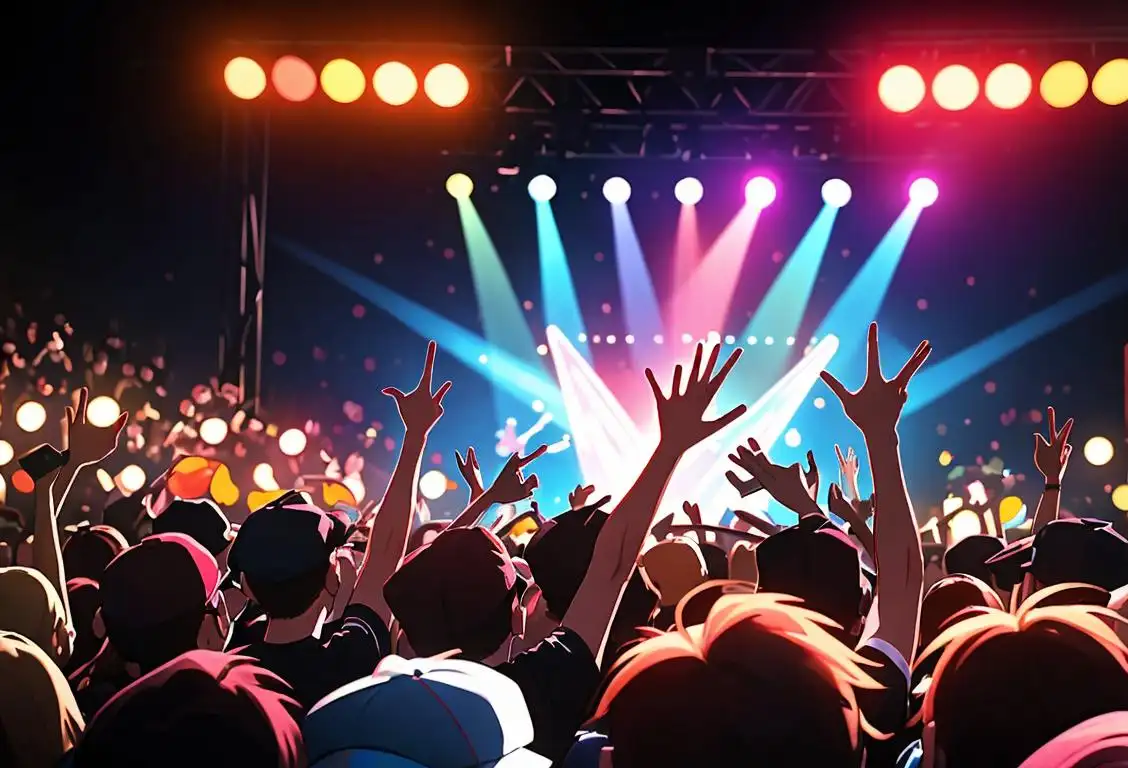National Disc Jockey Day
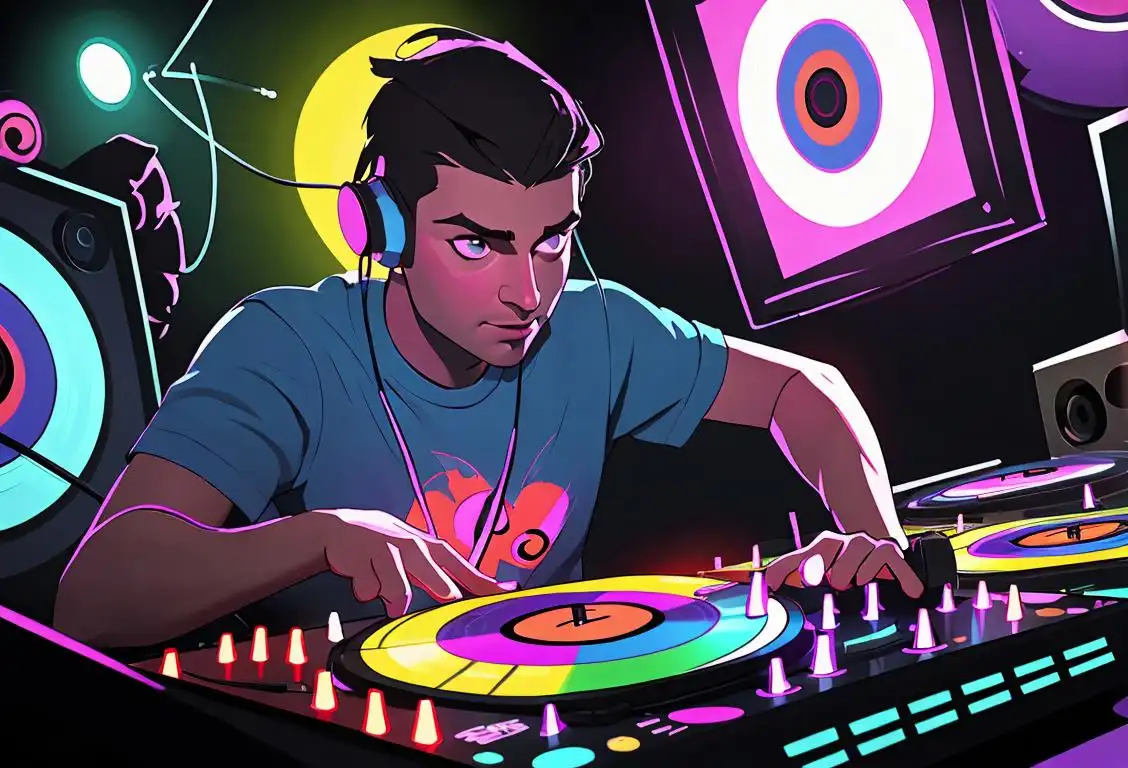
Hey there, party people! Get your dancing shoes ready and your ears primed for some sweet beats, because we're here to celebrate National Disc Jockey Day!
When is Disc Jockey Day?
It's national disc jockey day on the 20th January.
The Birth of the Vinyl Spinners
Imagine a world without DJs, where the dance floor falls flat and the atmosphere is as exciting as a library. Thankfully, we don't have to live in that bleak reality. National Disc Jockey Day gives us the perfect opportunity to recognize and appreciate the maestros who make our parties groove!
Disc jockeys, or DJs, have been around since the late 19th century, when radio broadcasts first hit the airwaves. These early pioneers were responsible for selecting and playing records on the radio, entertaining listeners with their choice of music and on-air charisma.
Fast forward to the 1970s, and the disco era was in full swing. This iconic era gave rise to the modern-day DJ culture we know and love. DJs took center stage at clubs, mixing and blending records to create seamless beats that got everyone on the dance floor moving and grooving.
The DJ's Evolution in the Digital Age
In the age of digital music, DJs have adapted and evolved with the times. No longer confined to vinyl records, DJs now have a plethora of tools at their disposal. From CDs to digital music libraries, and even software that allows them to remix and create their own tracks, DJs have embraced technology to take their craft to new heights.
Not only do DJs play music, but they also set the mood and energy of the room. They read the crowd, adjust their playlists on the fly, and keep the party going all night long. It's a skill that requires both technical prowess and an innate understanding of people's tastes, and that's why DJs deserve all the love on their special day.
Getting the Party Started
To celebrate National Disc Jockey Day, gather your friends, turn up the volume, and let the music transport you to a world of fun and excitement. Whether you're hosting a house party, hitting up the local club, or simply enjoying a night in with your favorite beats, take a moment to appreciate the DJs who make it all possible.
History behind the term 'Disc Jockey'
1909
Invention of the term 'disk jockey'
The term 'disc jockey' was first coined in 1909 by radio commentator Lee De Forest. He referred to himself as a 'disk jockey' while broadcasting phonograph records over the radio. At the time, radio stations used to receive sound recordings on large discs, hence the term 'disk jockey' was born.
1935
Introduction of radio DJs
During the 1930s, radio began to gain popularity, and with it came the introduction of radio DJs. These DJs were responsible for selecting and playing the latest records for their audience. They used turntables to play the records and engage with the listeners, becoming a crucial part of the radio experience.
1943
Transition to 'disc jockey'
As radio continued to evolve, the spelling of the term shifted from 'disk jockey' to 'disc jockey,' using the phonetic spelling of 'disc' instead of 'disk.' This spelling change became widely accepted and is still used today.
1947
Birth of the DJ profession
The year 1947 marks the birth of the profession of DJing. Jimmy Savile, a British radio DJ, became the world's first full-time radio disc jockey. He hosted the 'Hawthorn's Dance Club' program, where he played jazz and swing music. Savile paved the way for the professional DJ career that would grow in popularity over the years.
1969
The rise of club DJs
During the late 1960s, the disco era kicked off, and DJs began to play a significant role in nightclubs and dance parties. The emergence of disco music led to the rise of club DJs who mixed tracks and created a seamless flow of music for people to dance to. This era solidified the DJ profession as an integral part of the nightlife culture.
1970s
Introduction of DJ turntables and techniques
In the 1970s, advancements in technology brought about the introduction of DJ-specific turntables, such as the Technics SL-1200. These turntables were designed with features like pitch control, allowing DJs to manipulate the speed of the tracks for seamless transitions. DJs also developed various techniques like beatmatching and scratching, which further shaped the art of DJing.
1980s
Rise of electronic dance music (EDM)
The 1980s witnessed the rise of electronic dance music (EDM) and its influence on DJ culture. Genres like house, techno, and trance became popular, with DJs at the forefront of the movement. DJs started to produce their own tracks and remix existing ones, contributing to the growth of electronic music as a global phenomenon.
2000s
Explosion of DJ culture and festivals
The 2000s marked an explosion of DJ culture and the rise of large-scale music festivals. DJs became global celebrities, headlining major events and commanding massive crowds. Festivals like Tomorrowland, Electric Daisy Carnival, and Ultra Music Festival gained international acclaim, showcasing the talents of DJs from all over the world.
Did you know?
Did you know that the term 'disc jockey' was first coined by radio presenter Walter Winchell in 1935?Tagged
music entertainmentFirst identified
20th January 2016Most mentioned on
20th January 2016Total mentions
1159Other days
Drummers Day
Music Industry Beef Day
Barbershop Quartet Day
Music Show On The Day
Krept And Konan Day
Travis Scott Day
Marching Band Day
Disc Jockey Day
Hoseok Day
Fall Tour Announcement Day
